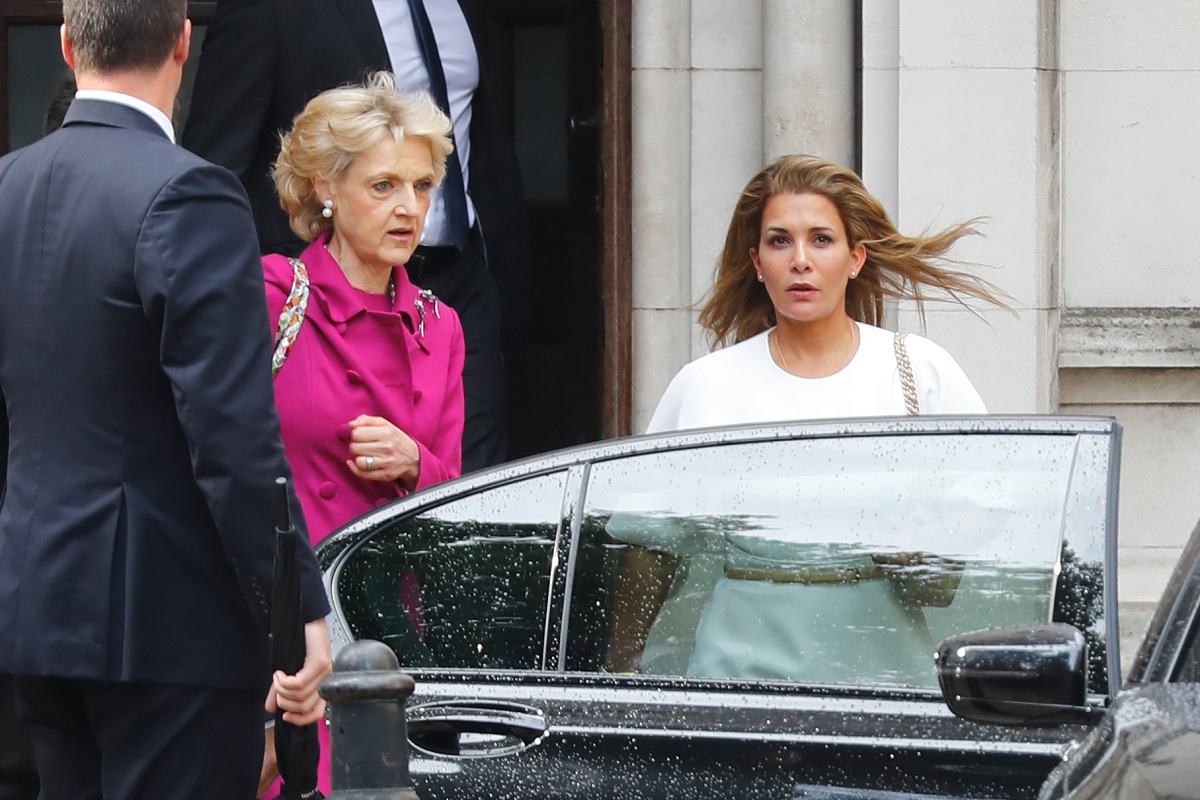From Saudi Arabia to Dubai, royalty is in crisis in some of the glitzy and theocratic Gulf states. A critical judgment by a British court has highlighted the predicament of two princesses and their rights. The family court judgment by Sir Andrew McFarlane states that Sheikh Mohammed bin Rashid al-Maktoum, the ruler of Dubai, orchestrated the abduction of two of his daughters, and thus deprived them of their liberty.
At the core of the issue, therefore, is the freedom of women in a theocratic land. The belated permission to drive in Saudi Arabia is but a totem of societal liberalisation. The episode in Dubai has the trappings of a misadventure gone awry. Princess Shamsa was the teenager who was snatched in Cambridge; Princess Latifa was seized from a boat in the Indian Ocean and forcibly returned to Dubai after trying to flee her home in 2018.
In retrospect, both abductions were executed by the palace. Not the least because the judgment also finds that Sheikh Mohammed acted in a manner “aimed at intimidating and frightening” his sixth wife, Princess Haya bint al-Hussein, and encouraged others to do so on his behalf. When she fled to London last April with the couple’s two young children, he sought to have them returned.
Princess Haya responded by seeking a forced marriage protection order, alleging a plan to marry their daughter to the crown prince of Saudi Arabia (though the judge ruled that this point was not proved). The case rested in part on the treatment of her two halfsisters, one that ran counter to the liberal winds blowing across the desert sands and shopping malls.
The judgment, above all, is a reflection on the attitudes and doings of royalty. The credibility and standing of the palace in Dubai must now be open to question. The judgment has been given in a family court case. The verdict was pronounced on what they call the “balance of probabilities”, indeed the civil standard of proof. It was not exactly a verdict that has been established beyond reasonable doubt, as would be required in a criminal case.
Nonetheless, the allegations against the ruler, Sheikh Mohammed bin Rashid al-Maktoum, were related to “behaviour which is contrary to the criminal law of England and Wales, international law, international maritime law, and internationally accepted human rights norms,” Sir Andrew ruled. The stout expressions, in themselves, are an indictment of the ruler.
The officer leading the investigation into Princess Shamsa’s disappearance was refused permission to travel to Dubai to interview potential witnesses, when he sought the same from the Crown Prosecution Service. The Foreign Office holds information relating to the investigation, but that information was withheld from the court.
The United Arab Emirates is one of Britain’s key allies in the Gulf; the Sheikh, a leading figure in horse racing, is also a friend of the Queen. For all that, Britain can scarcely afford to ignore an abduction from its streets. The royal abductions have been punched into an unpalatable cocktail of diplomatic relations, fundamental human rights, and the law of the land.










